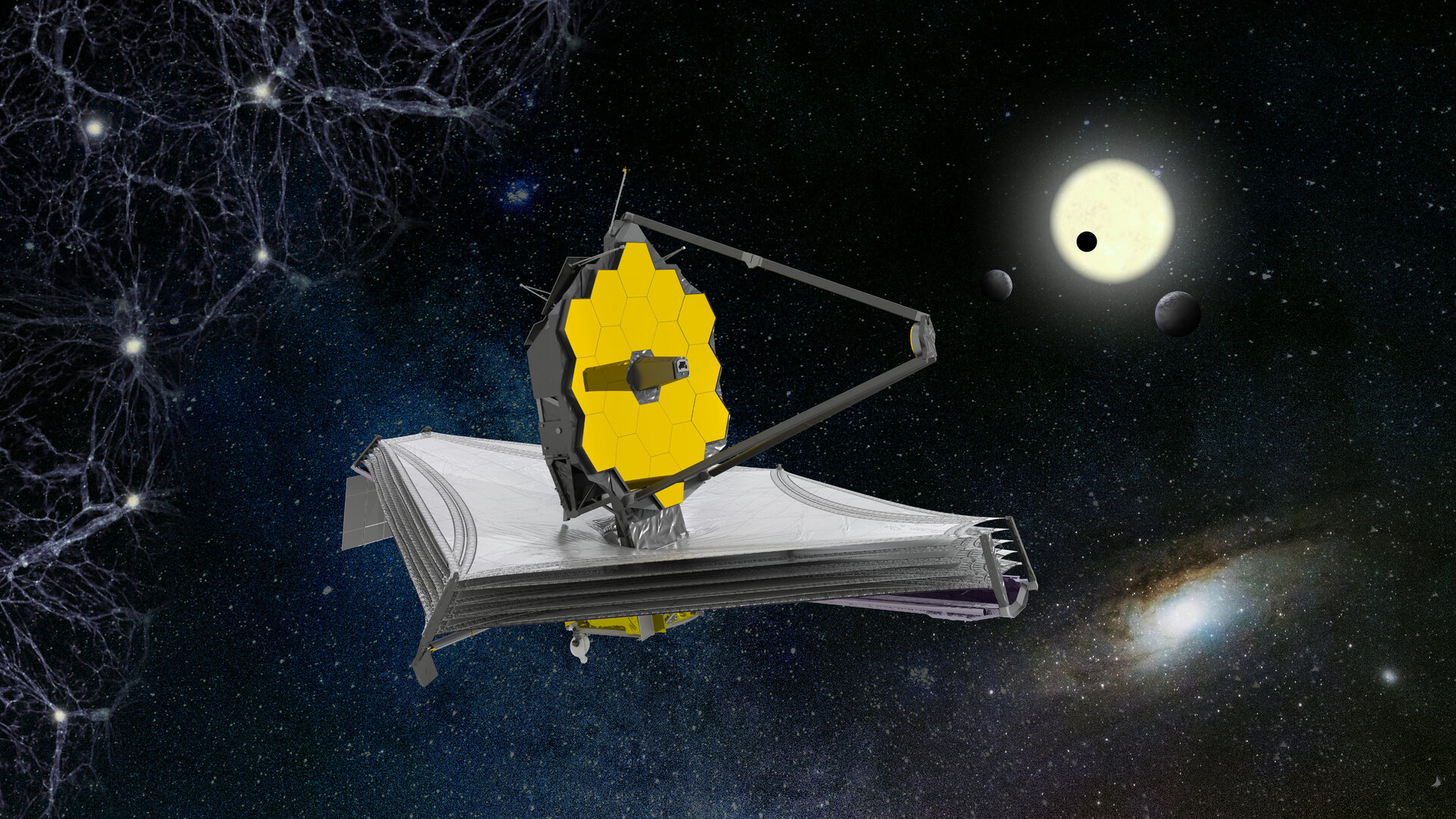
Science can be great. The world of science, in most cases, allows for vigorous debate, even about the most fundamental, basic, long considered to be settled concepts–and as new data comes in, the process happens over and over again. Sometimes the novel theory actually topples the old assumptions–as when Copernicus argued that the Earth revolves around the Sun, or Einstein’s thought experiments and calculations dislodged Newtonian theories about gravity. At other times, the new theory is shown to be a bunch of hooey, and the product of shoddy science and cherry-picked data.
There’s a vigorous argument along those lines going on now in the world of astronomy and cosmology. The issue is whether the incredible photographs being produced by the James Webb Space Telescope are inconsistent with the “Big Bang” theory–the widely accepted concept that the universe started billions of years ago with an enormous explosion that occurred everywhere at once and has been expanding in all directions ever since.
An article published in early August argued that the Webb telescope photos are inconsistent with the Big Bang theory because the distant galaxies shown in the photos look different than what the Big Bang theory predicts. Other scientists reject that argument as science denialism; they note that while the Webb telescope images of faraway galaxies show structures that are more evolved and coherent than was expected, that result does not undercut the Big Bang and in fact is consistent with the theory. As one article published earlier this month on space.com puts it: “The surprising finding that galaxies in the early universe are more plentiful, and a little more massive and structured than expected, doesn’t mean that the Big Bang is wrong. It just means that some of the cosmology that follows the Big Bang requires a little bit of tweaking.”
The constant revisiting and revision of theories as new data comes in is what makes science so cool. The Webb telescope, the data it is gathering, and the discussion it is generating, are doing exactly what the process of science contemplates.
